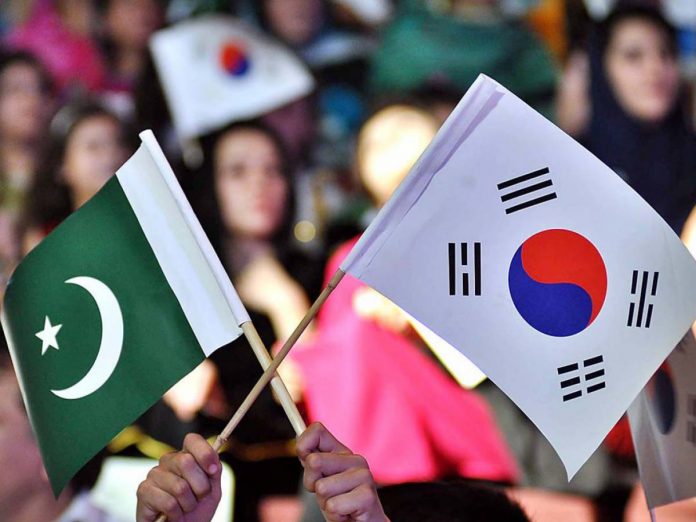ISLAMABAD: “The conflict-ridden trajectory of the relationship between the two largest countries of the region is the biggest impediment in making meaningful progress on addressing the issue of climate change in South Asia,” said Ambassador Shafqat Kakakhel. The former diplomat who is currently Chairman of the Board of Governors of the Sustainable Development Policy Institute (SDPI) was speaking at an event on the subject of regional cooperation on climate issues organized by the Institute of Regional Studies (IRS) here on Tuesday.
Ambassador Kakakhel argued that India’s reluctance to meaningfully engage with other South Asian countries had hindered regional cooperation on issues of mutual concern. Climate change and its impacts in the region were of critical significance because South Asia qualified as one of the most environmentally vulnerable regions, according to him. He further stated that while India and Pakistan gained independence as two separate states, it was impossible to divide natural resources, therefore, every phenomenon related to natural resources turned into a shared consequence for the people inhabiting the whole region.
Ambassador Kakakhel was of the view that the impacts of climate change such as rising sea levels, aridity due to low precipitation, water shortages, glacial droughtsrougths, floods, heatwaves, and altered levels of monsoons, etc., had to be considered twice as damaging for South Asia because most of the economies in the region were driven by agriculture as a major source of income. He maintained that climate change had the most severe impacts on water resource management—a sector which was inconvertibly linked with all the other sectors and was integral to ensure basic human sustenance.
Ambassador Kakakhel argued that India and Pakistan had fragile mountain ecosystems, vulnerable river basins, and long coastlines, making them both susceptible to the impacts of climate change at various levels. He added that rising populations and rampant poverty in both countries made large segments of the population in the two countries vulnerable to the impacts of climatic changes. Hence, according to him, poverty and lack of coping capacity to address the aforementioned issues resiliently were the key factors.
Ambassador Kakakhel said that for South Asian countries to effectively deal with the challenge, all of them needed to come up not only with viable policies but to coordinate them with regional countries to evolve a coherent regional policy on climate change. He emphasized close engagement with established regional organizations, most notably the Association of Southeast Asian Nations (ASEAN), which was doing some commendable work in the field fo climate chance. Ambassador Kakakhel argued that the South Asian Association for Regional Cooperation (SAARC) needed some major reconfigurations to its functional framework if it was to regain its status as a regional organization representing the interests of South Asian countries.

















